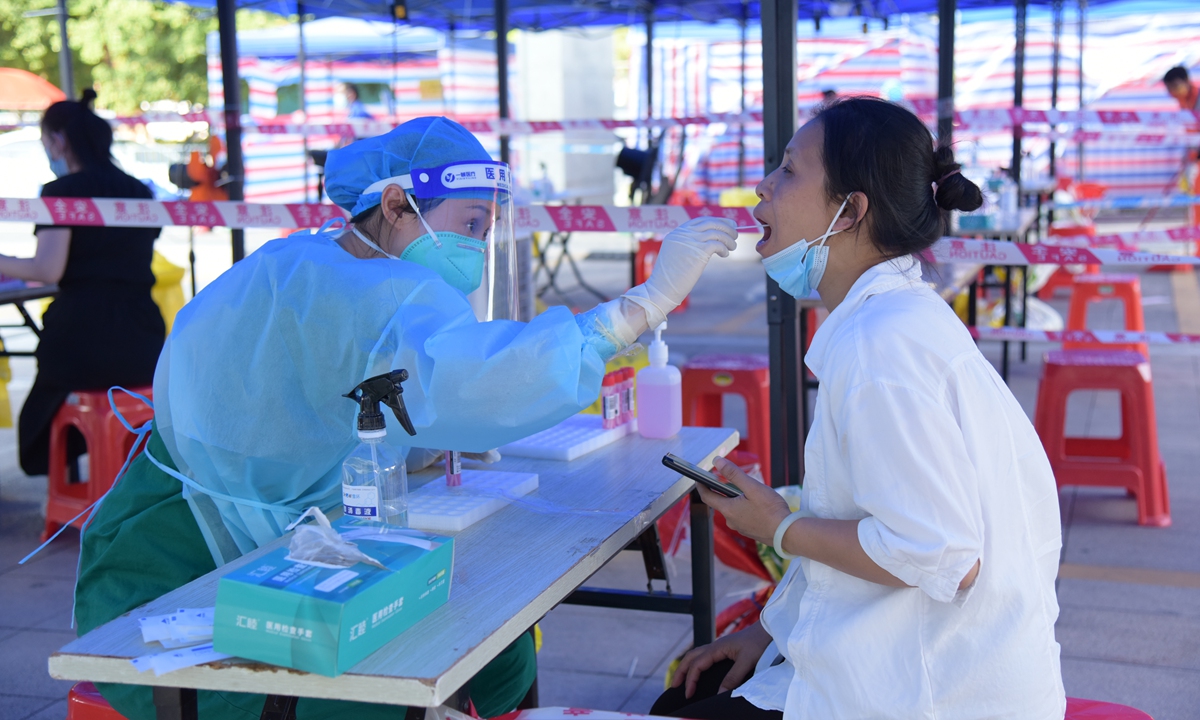No single party has the strength to secure a strong majority in GE15, says observers
KUALA LUMPUR: With many political observers predicting that no single party or coalition has the strength to secure a strong majority in the 15th General Election (GE15), the return of a government formed by two or more coalitions and parties is on the cards.
The three main coalitions – Barisan Nasional, Perikatan Nasional and Pakatan Harapan – are each facing a tough battle ahead to wrest control of at least 112 seats in Parliament, the simple majority needed to form a government. Malaysia’s political landscape has changed tremendously since Barisan’s defeat in GE14 after ruling the country for 60 years. The subsequent political instability saw three prime ministers being sworn into office over a period of four years or so. Barisan, however, is confident of a victory in the coming polls based on its achievements in the by-elections in the parliamentary constituencies of Cameron Highlands, Tanjung Piai and Kimanis, and the state seats of Slim and Rantau, as well as recent state polls in Melaka and Johor. According to political analyst Prof Datuk Dr Shamsul Amri Baharuddin, Barisan’s recent performance is not an indicator that it will win GE15 with a comfortable margin similar to that before GE14. “No single party (or coalition) will emerge as the dominant winner (in GE15)... This is what many political observers are predicting now. “Although Barisan won several by-elections and two state elections (after GE14), there was no political stability. So, it’s not impossible for a multi-coalition or multi-party government to be formed once again,” he said. Nusantara Academy for Strategic Research senior fellow Dr Azmi Hassan also expects the formation of a multi-coalition or multi-party government after GE15, pointing out that the prevailing political situation might see three- to five-cornered fights in many seats. “Although it is being said that Barisan may win the most seats, the number may not be enough to form a government. “Post-GE15, I expect Barisan to be the dominant coalition (in the government), together with Gabungan Parti Sarawak (GPS) and Gabungan Rakyat Sabah (GRS). “This is why (prime minister and Umno vice-president) Datuk Seri Ismail Sabri Yaakob has put forward the idea of creating two deputy prime minister posts – one each for Sabah and Sarawak... This could possibly be Barisan’s new alignment with GPS and GRS,” the geostrategist commented. Following GE14 on May 9, 2018, Pakatan – then comprising PKR, DAP, Bersatu and Amanah – had formed the federal government with the support of Warisan after winning a simple majority. Tun Dr Mahathir Mohamad was subsequently appointed the seventh prime minister of Malaysia. But 22 months later, on Feb 24, 2020, the Pakatan government collapsed after Dr Mahathir resigned as prime minister and Bersatu left the coalition. On March 1, the nation’s first multi-coalition and multi-party government was formed, comprising Bersatu, PAS, Barisan, Parti Bersatu Sabah (PBS), and the Sabah-based Parti Solidariti Tanah Airku (Sabah STAR). Five months later, Perikatan was formed, consisting of Bersatu, PAS and Sabah STAR, with the Sabah Progressive Party (SAPP) and Gerakan joining the alliance later. The Perikatan-led administration survived for only 17 months, following which a multi-coalition and multi-party government comprising Barisan, Perikatan, GPS and PBS came into being on Aug 30, 2021. Besides Barisan, Pakatan and Perikatan, GE15 will also see the participation of a newly-formed unofficial alliance, Gerakan Tanah Air (GTA), which is led by Dr Mahathir’s Pejuang and which is expected to field candidates in 121 constituencies. On the anti-hopping law that came into effect on Oct 5, Azmi said its effectiveness in bringing about political stability would only be known after GE15. “With this law in place now, it will not be possible for one or two MPs to bring down the government. In the event of a defection, the whole party will have to exit the government,” he said. Universiti Kebangsaan Malaysia senior lecturer in political science Dr Jamaie Hamil agreed, saying that laws prohibiting an MP or individual from doing something that could undermine the stability of a government were not new in this country. According to him, the Internal Security Act (ISA) was enforced during the Barisan era to prevent people or politicians from saying or doing things that could disrupt public order and harmony. “It may look different, but it is the same as the anti-hopping law that’s aimed at ensuring a government’s stability,” he said. The provisions for the anti-hopping law are enshrined in the Constitutional (Amendment) (No. 3) Act 2022, under which any MP who leaves a political party to join another will lose his or her seat. Jamaie has a few recommendations just in case GE15 leads to the formation of a multi-coalition or multi-party government. Among them is the signing of a memorandum of understanding between the ruling government and the Opposition, similar to what was carried out during Ismail Sabri’s administration. This would ward off conflicts that could threaten the nation’s stability. He also suggested that the prime minister’s post be rotated among the parties in the multi-coalition or multi-party government. He said to ensure the long-term stability of such a government, there must be strong political will and understanding among the partners so that decisions are made and implemented by consensus. Jamaie also said that having a strong and stable multi-coalition government was crucial, considering the possibility of a global recession next year. He added that the newly-elected leaders should also revive the racial tolerance the country used to enjoy under the leadership of the first prime minister, Tunku Abdul Rahman.Azmi hopes the appointments of the new Cabinet ministers will be made in accordance with their expertise and not merely on the basis of fulfilling party quotas. — Bernama
Unity government in store? - The Star
Be on guard, urge experts | The Star
Tell us your plans for the economy | The Star
Related
Every vote counts | The Star
Bee in their bonnets | The Star
Related posts:
GE15, polling Nov 19: Destroy Umno for the betterment of Malaysia, support Aliran for Justice, Freedom, Solidarity

While 60% of the country’s population are Malays, non-Malays find the narratives of race and religion outdated and reflecting poorly on political leadership
Malaysians now looking for a new narrative of diversity and inclusiveness, not just Malay unity
No easy battle ahead for Pejuang
A plague on both your coalitions!
PAS’ politics of desperation, lies and deception
POOR POLITICAL LITERACY AMONG YOUTHS








%20Dashboard%20With%20Vaccination%20Data.png)

%20Dashboard%20With%20Vaccination%20Data.png)

%20Dashboard%20With%20Vaccination%20Data.png)

%20Dashboard%20With%20Vaccination%20Data.png)

%20Dashboard%20With%20Vaccination%20Data.png)


















